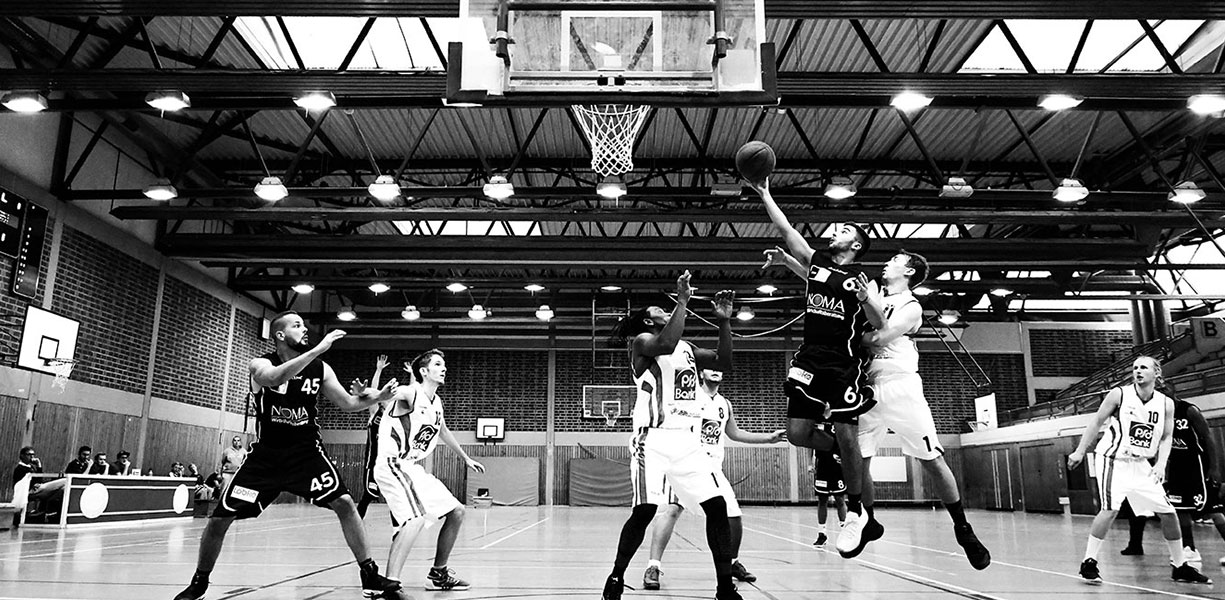Encouraging Settlement in Arbitration: The Example of the Basketball Arbitration Tribunal (BAT)
A recent AKT blog post has touched upon the issue of encouraging mediated settlement of disputes during arbitration, specifically in light of new LCAM rules – Encouraging Mediation in Arbitration – A Path towards Enhanced Dispute Settlement.
But the practice goes beyond mediation, and an instructive example is offered by the Basketball Arbitration Tribunal (BAT) Rules, which adopt a more ‘continental’ approach in explicitly allowing the arbitrator to encourage settlement.
Article 12.3 of BAT Rules states that ‘[t]he Arbitrator is authorized to attempt to bring about a settlement to the dispute.’ First thing to note is that such a provision is in full accordance with Swiss law (see on this in particular Pierre Lalive, “The Role of Arbitrators as Settlement Facilitators – A Swiss View”, in Albert Jan van den Berg (ed.), New Horizons in International Commercial Arbitration and Beyond, ICCA Congress Series No. 12/2004 (Kluwer Law International 2005), p. 556-564) which serves as lex arbitri for BAT proceedings (as per Article 2.2. of BAT Rules). But beyond that there is little detail to this provision.
As the BAT mechanism does not involve a panel of mediators or conciliators, it is clear that attempt at settlement is to be done by the arbitrator herself/himself. This is confirmed by BAT practice, notably cases where arbitrators where invited by the parties to facilitate settlement and accepted it (e.g. in FAT 0069/09 Ivezic & Draskicevic v. Basketball Club Pecsi Noi Kosariabda Kft case) or where an arbitrator offered these services on their own initiative (e.g. BAT 0468/13 Matic v. Club Sportiv Municipal Targoviste case).
The challenging aspect of such an intervention by an arbitrator is the need to maintain the fairness of the process, due process rights, and impartiality. As is often noted, an arbitrator who becomes overly involved with amicable settlement and is exposed to information/material not otherwise presented may objectively appear to lose a degree of their impartiality. Maintaining the fairness of the arbitration process is mandated by applicable Swiss law via Article 182(3) of the Swiss Act on Private International Arbitration (although interestingly not explicitly by the BAT Rules, which rather emphasise the efficiency of the process in their Preamble). As the BAT Rules do not specify any particular methods of promoting settlement, nor how the process resumes afterwards (if unsuccessful), it is submitted that the methods remain within the arbitrator’s general discretion to decide on procedural aspects (BAT Rules Article 3.1.). Should any of the parties have concerns about alleged diminished impartiality of the arbitrator, it should retain its right to (promptly) object under Article 3.2. of the BAT Rules even if it invited the arbitrator to help with the settlement process.
Although the details of the settlement techniques are lacking, one element that seems fairly certain is that a successful settlement can be recorded as a consent award per Article 16.7. Although such an award requires arbitrator’s consent, it seems unlikely to be withheld when it was the arbitrator who facilitated it in the first place.
The BAT mechanism of promoting settlement thus raises certain tensions. On the one hand, idea of arbitrators assisting with settlement is fully within the spirit of the BAT Rules idea for quick and effective resolution of a dispute. There also seem to be no formal tensions with lex arbitri. But lack of a specified procedure and specific rules on maintaining impartiality should lead to caution among BAT arbitrators and to a careful balancing of the desire to help settle the case with preserving sufficient detachment so to effectively continue as an impartial arbitrator in case the settlement fails. Walking that line can be challenging, and clarifying this part of BAT Rules seems to be an important topic for any future reform.
Velimir Zivkovic

